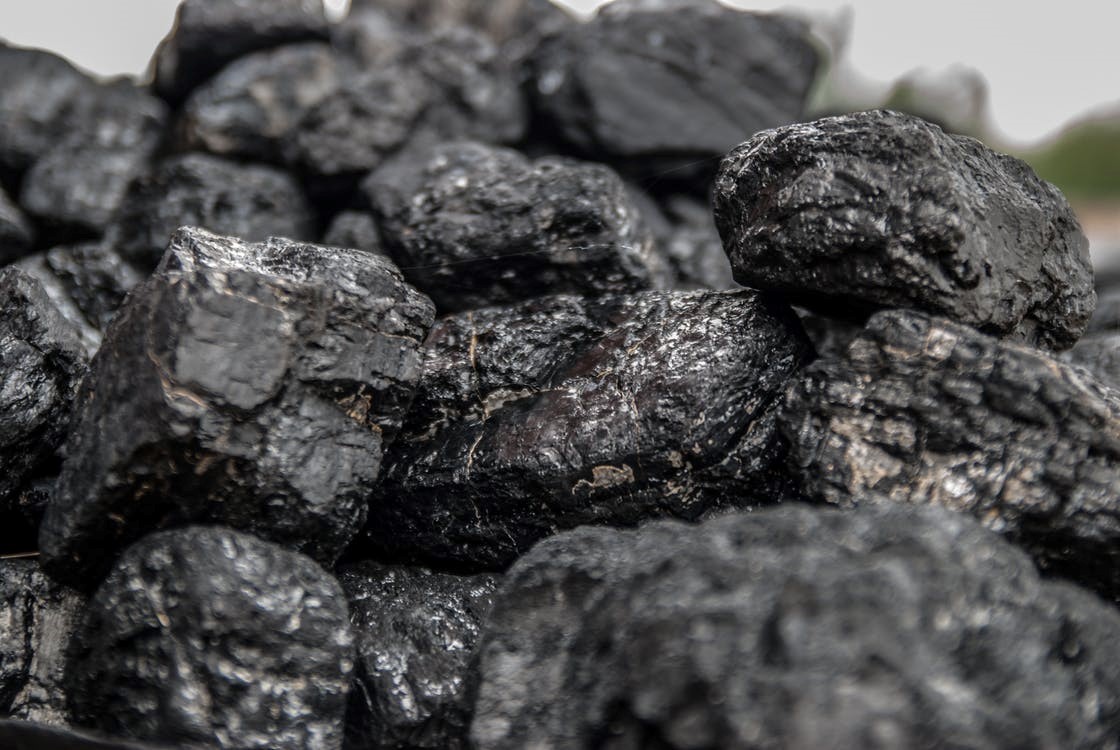
by Joana Kollert
Efforts of the 24th Conference of the Parties (COP24) to the United Nations Framework Convention on Climate Change (UNFCCC) taking place in Katowice, Poland, between December 2nd and 14th are being overshadowed, quite literally, by a cloud of coal enveloping the conference center, which is located just 3 miles from the Wujek coal mine. Following a year of devastating climate catastrophes around the globe, and the highest global carbon dioxide levels in the past seven years, the main goal of COP24 is to finalize the implementation guidelines for the Paris Agreement concluded in 2015.



